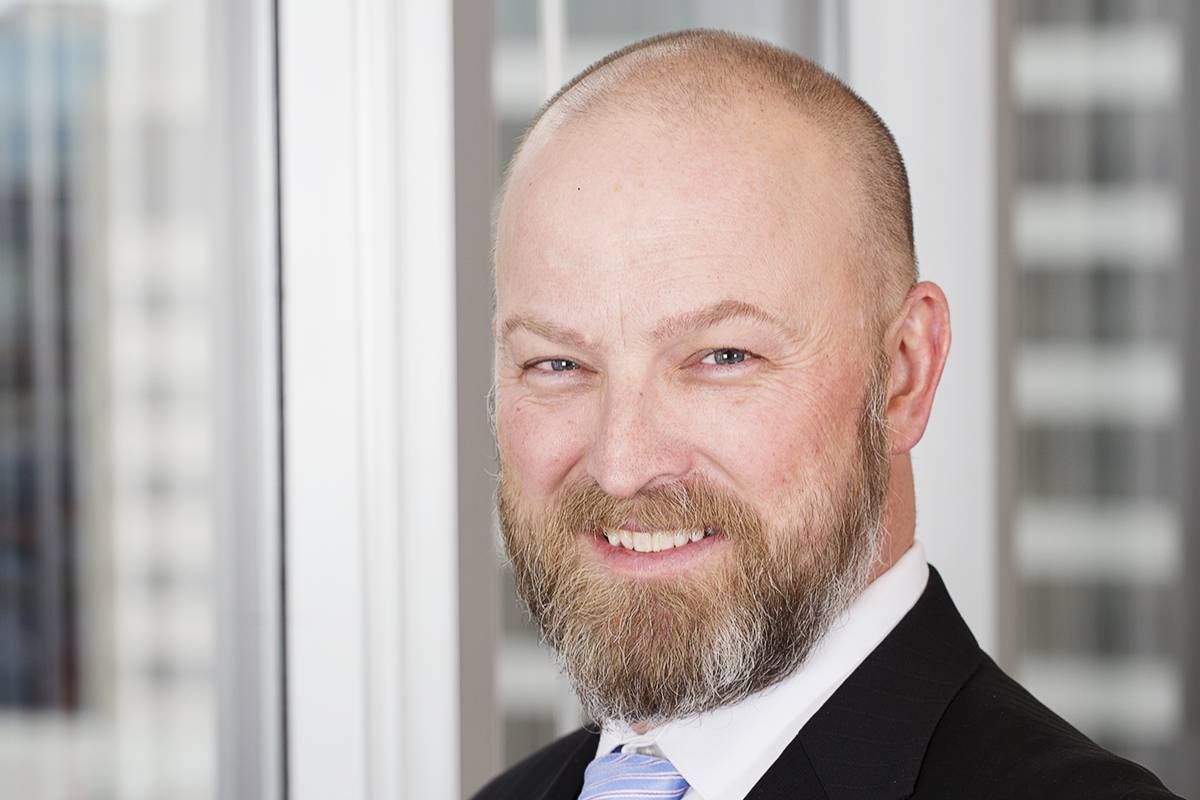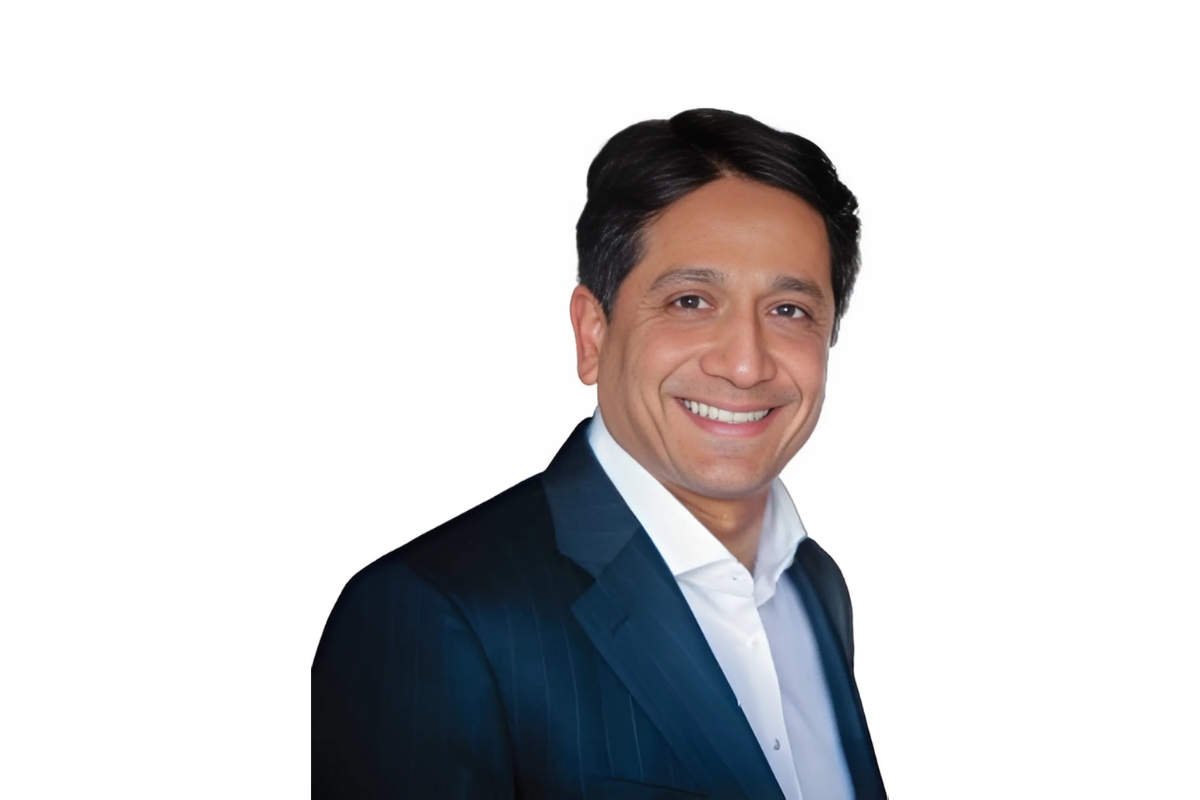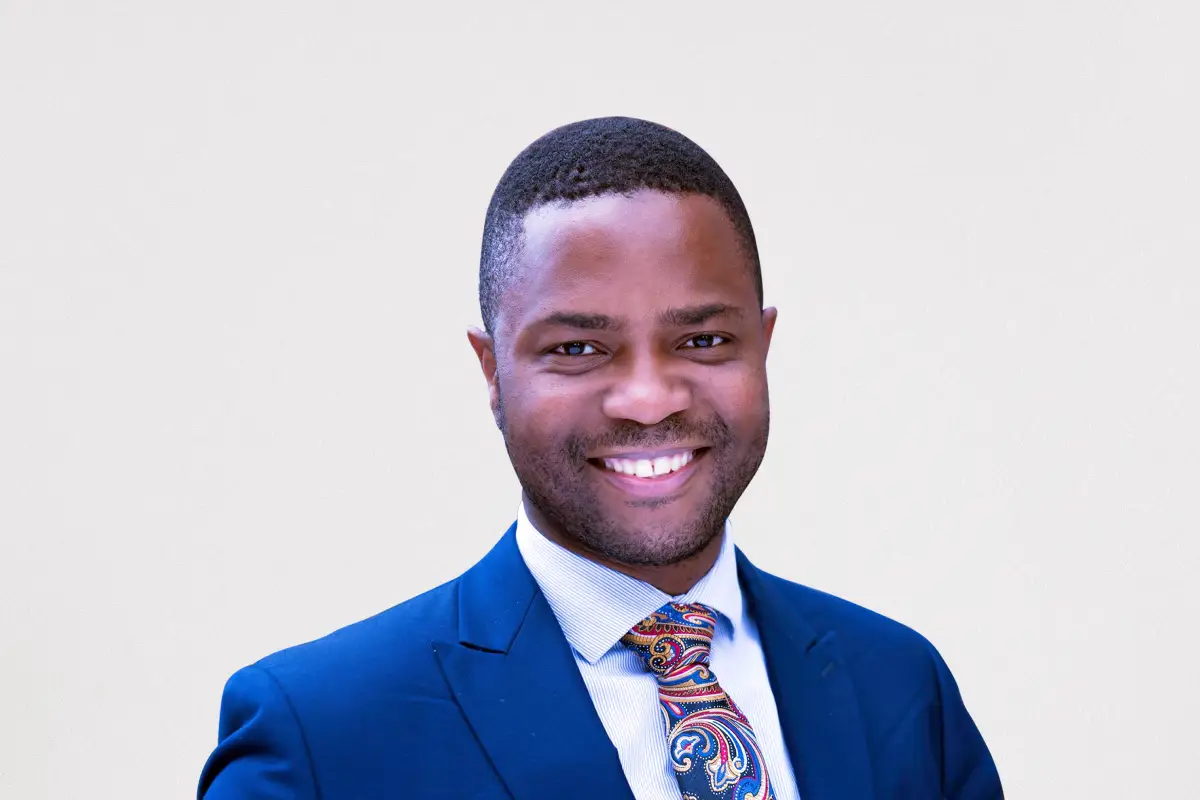As the founder and CEO of the Canadian Centre for Diversity and Inclusion (CCDI), Michael Bach is an expert in implementing diversity, equity, and inclusion (DEI) in organizations across Canada. He studied and worked in the area of diversity and inclusion (D&I) for many years, including his time as the National Director of Diversity, Equity and Inclusion at KPMG Canada. Last year, Bach wrote Birds of All Feathers: Doing Diversity and Inclusion Right, a guide for employers looking to apply DEI strategies in the workplace. He spoke to The Edge about his lifelong inclination towards advocacy and what it’s like working in the realm of D&I today.
You are a Cornell University Certified Diversity Professional/Advanced Practitioner. Before receiving your designation, how did your interest and journey into diversity management begin?
I’ve always done something that is in the vein of diversity inclusion work. Throughout my entire adult life, I was involved with various non-profit organizations in the LGBTQ space, in disability space, [and] women’s organizations. But it wasn’t really a job. No one really paid you to do this work, so I never thought of it as a career. And then one day, I was working in KPMG, and long story short, I had the opportunity to write the business case for [the] creation of a role in diversity. I led diversity for KPMG for seven years and came over to CCDI.
It’s always been a passion. It had to do with how I was raised. My parents, from a very early age, taught me that I had a responsibility to make the world a better place for everyone, particularly people who don’t look like me, because I am a white man. As much as I’m gay, and I live with an invisible disability, I still have the privilege [that comes with] being a white man. It was always in my blood, if you will. And then when I had the opportunity to turn it into a profession, I jumped on it.
Making that jump to be a social entrepreneur in launching the CCDI after working at KPMG for seven years—what prompted you to make this specific move?
I saw a gap in the market. One of the biggest challenges that I faced as a practitioner at KPMG was that Canada’s such a big country. And I know that seems pretty obvious, but when you are a national employer, it’s really difficult to have a small team that is expected to service the entire geography. And add into that you’ve got the complexity of the conversation with various groups under the umbrella, whether that’s women or people of color, people with disabilities, etc. And I felt that there was a gap in the market of an organization that was designed to help employers with tackling the conversation nationally. I always said that CCDI wouldn’t do everything. We weren’t designed to be the single organization around this conversation. But what we would do is be the centre of the conversation.
The dynamic field of DEI requires constant renewal of discourse and dialogue with the potential to transform attitudes. How does it feel to be at the forefront of the national effort to induce organizations to be inclusive and diverse?
In some ways, I think it feels really amazing. And in some ways, it’s quite terrifying that we have the influence that we do. We could screw things up quite quickly [laughs]. [But] I would say it’s a good feeling.
You are absolutely right that this conversation is perpetually changing. A year ago, at this time, there was no world in which Canadian employers wanted to talk about racism. And then George Floyd was brutally murdered and, all of a sudden, employers really want to talk about racism.
What’s next? I have no idea. I wish I had a crystal ball and could figure that out so that we can be prepared for it. But the best we can do is respond to the evolving conversation, and, where possible, impact that conversation like we have with this conversation around racism and, hopefully, positively impact people’s lives.
You mentioned the challenges of the last year, but what kind of challenges does the CCDI, and the world of D&I in general, face today and how have you been addressing them?
I think one of the biggest challenges that the profession faces is we don’t have enough people. The past year has seen an uptick of new diversity, equity, and inclusion roles being created in organizations. The biggest challenge that we’re going to continue to face is how do we find [and] how do we nurture the talent? Oftentimes, this is one person inside an organization, and I think this is where CCDI the charity really serves its purpose in bringing together D&I practitioners to learn from one another, so that the one person in an organization doesn’t feel so alone and feels like they’re able to tackle what is a very challenging role.
I think the other piece of the puzzle that’s the biggest challenge is just keeping this conversation going, particularly the one around anti-Black and anti-Indigenous and anti-Asian racism. We need to make sure that we don’t take our foot off the pedal, and that it doesn’t become a flavour of the week.
What is something that most people are not aware of about DEI?
Probably the biggest thing is that it’s not a program. It’s not something you implement, and you’re done. [It] is a journey without a destination. Once you’re on that road, you will constantly be on that road and need to constantly be on the road. [It] is a long journey. I think that’s probably the biggest thing because most employers I’ve worked with over the years, they think, “We just need a diversity and inclusion manager and we’re good.” Or, “We just need to roll out unconscious bias training and everything will be fine.” No, that’s not how it works. It is a constant evolution and revolution. I refer to it as the incremental revolution because it is small actions taken over long periods of time that affect the change. You have to be prepared for the long haul.
Rose Ho | Assistant Editor




















